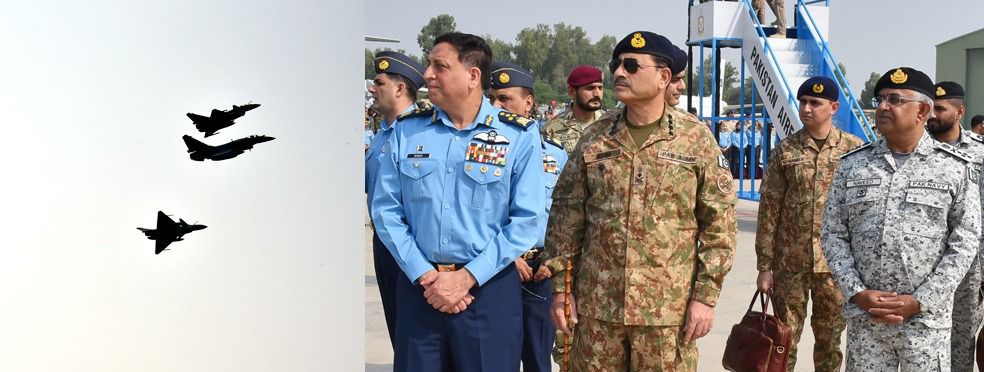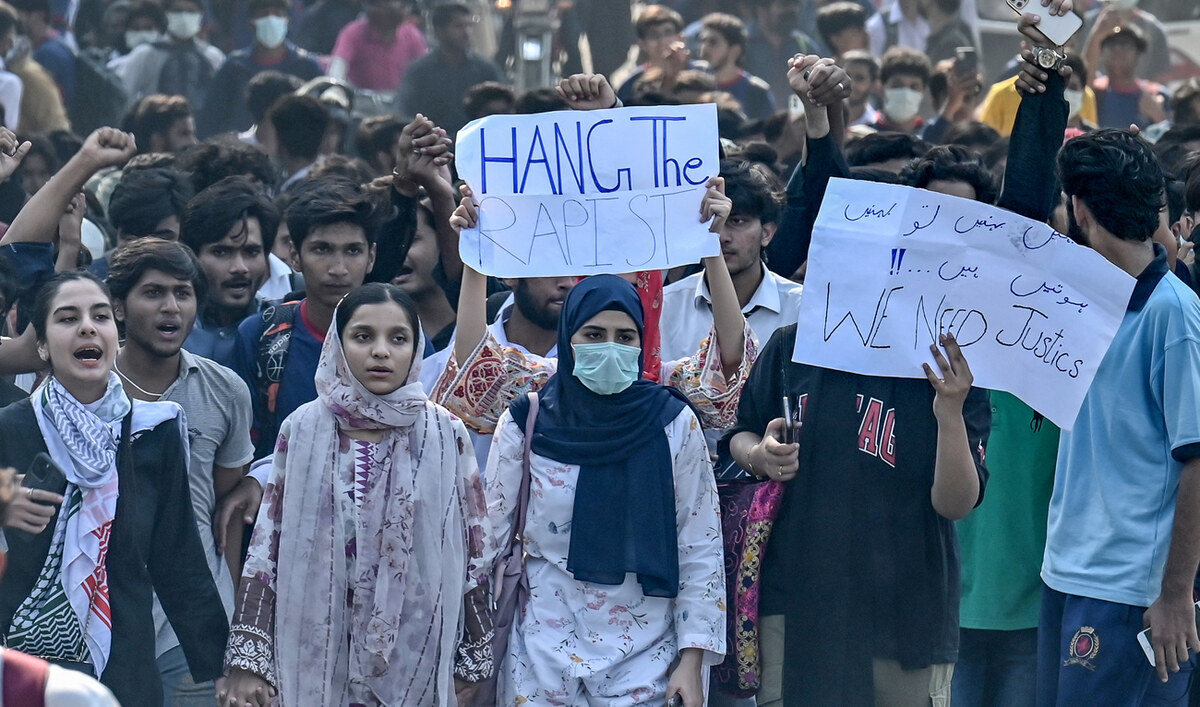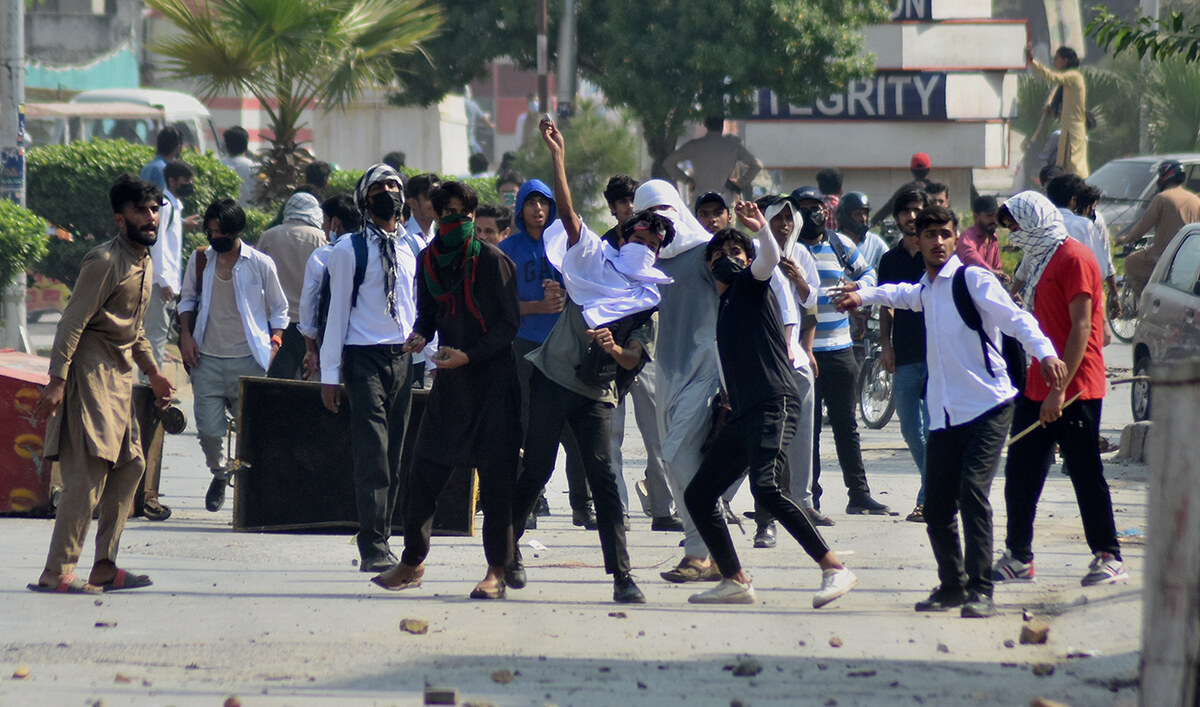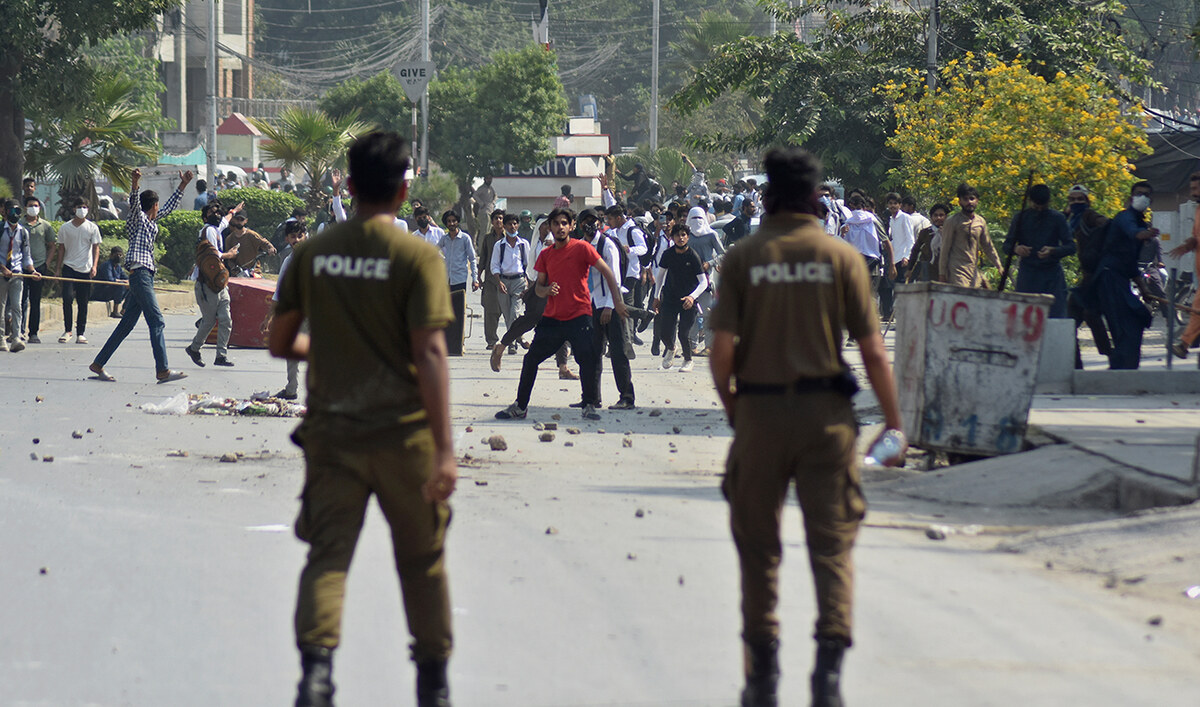STOCKHOLM: Voters in many countries are suffering a crisis of faith in their democracies and institutions, a survey by a governance watchdog showed, painting a bleak picture in a year in which more than half of the world’s population holds elections.
With the United States, India, Britain and the European Union going to the polls in 2024, the report published on Thursday by the International Institute of Democracy and Electoral Assistance (IDEA) offers a somber snapshot of the perceived health of many democracies.
The results show that voters in 11 of the 19 countries surveyed, which included the US and India, fewer than half of the people believed the most recent election was free and fair.
Only voters in Denmark believed courts “always” or “often” provide access to justice, while in 8 of 19 countries, more people had favorable views of “a strong leader who doesn’t have to bother with parliament or elections” than had unfavorable views.
“Democracies must respond to the skepticism of their public, both by improving governance and by combating the growing culture of disinformation that has fostered false accusations against credible elections,” International IDEA Secretary-General Kevin Casas-Zamora said in a statement.
This year’s presidential election in the United States is likely to see incumbent Democrat Joe Biden face off again against ex-president Donald Trump, who falsely claimed widespread voter fraud when he lost the presidency in 2020.
The survey showed that only 47 percent of respondents in the United States expressed faith that the country had credible electoral processes.
Elections for Europe’s parliament which take place in June could see big gains for the far-right and impact policy from support for Ukraine in its war against Russia’s full-scale invasion to measures to address climate change.
In February, the parliament condemned what it called Russian attempts to undermine European democracy.
The survey, conducted between July 2023 and January 2024, polled about 1,500 people in each of 19 countries including Brazil, Chile, Colombia, The Gambia, Iraq, Italy, Lebanon, Lithuania, Pakistan, Romania, Senegal, Sierra Leone, South Korea and Tanzania.
Poll shows voters in many countries, including Pakistan, skeptical of democracy
https://arab.news/5quxg
Poll shows voters in many countries, including Pakistan, skeptical of democracy

- Survey organization asks democracies to respond to skepticism by improving governance, combating disinformation
- Only 47 percent of respondents in the US expressed faith that their country had credible electoral processes





























